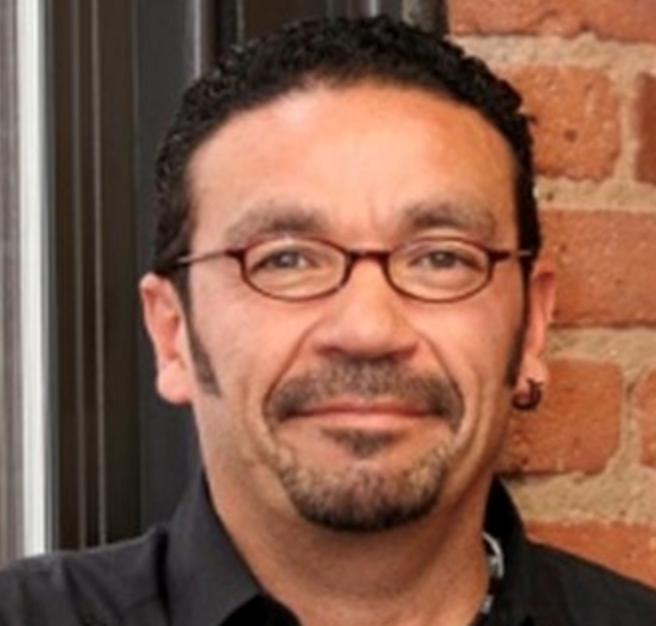Upstream Solutions
Since its origins in 2014, Mid-State Health Network (MSHN) has been committed to ensuring broad access to quality behavioral health care for all residents in Region 5’s twenty-one counties, and to reducing disparate health outcomes in opioid overdose deaths.
In a well-known parable (credited to medical sociologist Irving Zola), a villager is standing by a river where people on the verge of drowning are floating downstream. The villager is joined by neighbors who pull each drowning person from the water, but they are quickly overwhelmed. At first, the urgency of the moment occupies the villagers' focus as they save lives one by one. Realizing that's not sustainable, however, a group of villagers go upstream to identify why people keep falling into the river in the first place and what can be done to address that and to eliminate the source of the crisis.
MSHN has focused on looking upstream at underlying causes of opioid deaths, on growing in our understanding of barriers to access, and on remedying them with proactive strategies. In the wake of stark differences in health outcomes spotlighted by the COVID pandemic, however we accelerated our efforts to ensure broad access in our oversight of the public behavioral health system in our 21-county region of Michigan, and to look for upstream solutions rather than just treating symptoms downstream.
Upstream Solutions: Ensuring Access to Quality Care
Starting in 2020 and culminating in a series of lectures in 2023, MSHN has offered multiple trainings to increase knowledge and understanding in our provider networks. Accessible in the links below, national experts offer nuanced perspectives on the landscape of SUD health outcome disparities with an overview of epidemiological trends in the overdose epidemic, as well as what’s known about why disparities exist.
MSHN’s longterm goal, however, was always to use trainings and knowledge to catalyze action across our region and state, to improve access and quality of care for all populations in Region 5, and to reduce differences in SUD health outcomes. With that goal in mind, MSHN also launched a pilot Learning Collaborative with seven SUD providers who partnered with MSHN to focus on reducing opioid overdose deaths wherever those death rates were most pronounced and wherever those services were most badly needed.
For additional background on MSHN's Upstream Solutions initiative, please reach out to Dr. Dani Meier at dani.meier@midstatehealthnetwork.org.
Upstream Solutions Lecture Series

When Systems Damage People: Lessons for Battling the Opioid Epidemic
Click above for Dr. Jones' Lecture

Building Health & Resilience to the Opioid Epidemic in Underserved Communities
Click above for Dr. Hernandez' Lecture

Traditional Approaches to Addiction & Recovery in Indigenous Communities
Click above for Dr. Warne's Lecture

Disparate Outcomes in the Opioid Crisis: A Perspective from SAMHSA
Click above for Dr. Huang's Lecture
